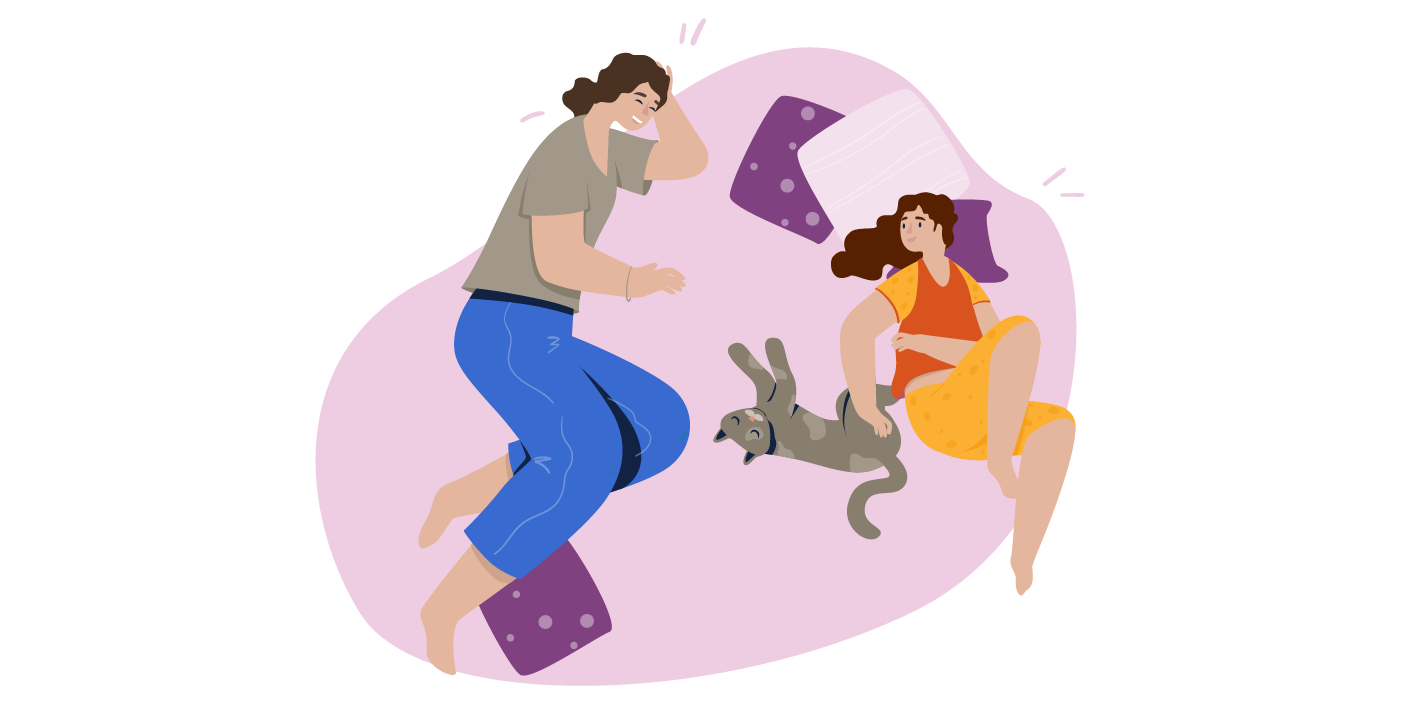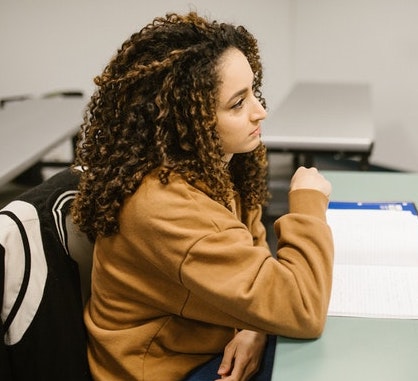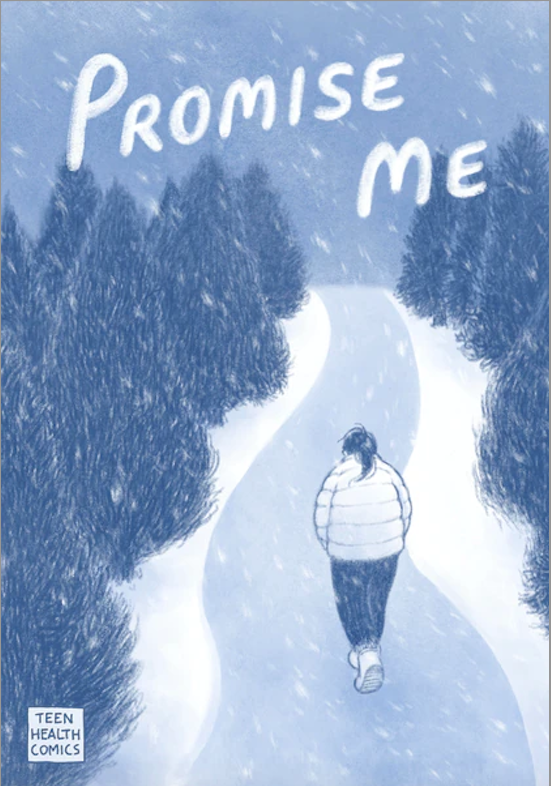The Role of Social Media in Teen Mental Health
![]() Under the direction of Dr. Ramsey Khasho, CHC staff members and other expert contributors provide answers to questions about the serious issue of teen anxiety and depression in our community.
Under the direction of Dr. Ramsey Khasho, CHC staff members and other expert contributors provide answers to questions about the serious issue of teen anxiety and depression in our community.
“The Role of Social Media” considers the pros and cons of social media.
The Role of Social Media
1. Can social media be harmful as well as helpful? What can be/is being done?
It absolutely can. For one thing, I don’t necessarily think that humans were meant to absorb so much immediate news, good and bad, all at once, the way we so often do on social media. Social media can often be addictive, as we learn to crave more and more likes and retweets in order to feel good about ourselves. It can create competition and jealousy, since people tend to post photos that make their lives appear happier or more glamorous than they really are. The cyberbullying faced by today’s kids is absolutely heart wrenching. Perhaps scariest of all, it also can foster communities which encourage self-harm and disordered eating.
That said, social media is not going anywhere, and I really do believe that the good outweighs the bad. The access it gives teens to the stories of people they would never otherwise meet has turned them into a hyper-aware generation that cares deeply about social change. Teens create their own online communities in which they feel free and safe to express themselves. I’d encourage anyone who thinks of YouTube as an endless sea of mindless entertainment to read this study about how it can be used as peer support for young people struggling with mental illness.
I strongly believe that the only way to combat the negative aspects of social media is to help support what’s positive about it. For me, that meant creating an online community that harnessed the naturally occurring peer support on YouTube and funneling it into a more comprehensive resource. But for parents who might be concerned about social media, I’d encourage them to take an interest in what their teens like about social media- their answers might surprise you. Remind them that social media is not real life without dismissing it out of hand. Let your children educate you about social media (at 25, there is a lot of new social media out there that’s even beyond me!), and ask them if there’s anything they’ve come across on social media that’s upset them.
There is nothing to be done about social media as a force in our world, or in our teens’ lives. Even taking away internet access is not a viable solution, because it is required for so many aspects of their education. And besides, there is so much good that it can do. Think of it this way: all resources are both harmful and hurtful, and social media must be treated like any other resource. We must help our teens navigate its negative aspects while encouraging them to become engaged global citizens who feel supported by peer communities.
Other posts in this series:
Teen Mental Health Q&A Introduction
Environment vs. Biology
Middle School Kids Ages 10-12 and Younger
Profile of High Risk Kids
Redefining Success
How Schools Can Help
How Parents Can Help
How Peers Can Help
Other Concerns






